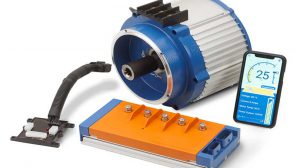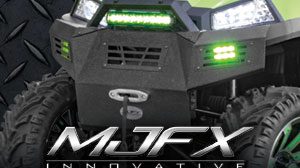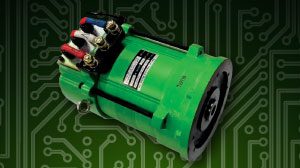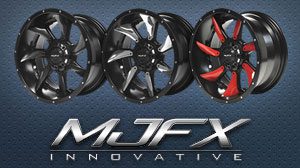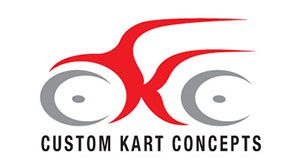By: Matt Vallez
In this time of “all green is good” remanufacturing is the new recycling. Saving anything from going into the landfill is now chic, and what used to be considered the cheap way to go is now the environmentally friendly approach. Fixing things is now in style and has always been a good alternative in certain situations. So before you decide to just chuck it into the dumpster you need to see if it can be fixed and returned to service, after all it is the environmentally friendly approach, and you are now considered progressive and green for recycling, not just a cheapskate.
When it comes to golf cars, remanufacturing has been a viable alternative for many years. There once was a time in the mid to late 1990s when electric cars had motors that could not be rebuilt. These were not green times and it was troubling for remanufactures because the motors were made in such a way that in some cases remanufacturing was not possible. The fields were built into the body of the motor and left no room for error or damage, once the fields were damaged the motor was junk. Remanufacturing was not always an option for that generation of electric golf car motors.
For gas golf cars remanufacturing was a necessary evil because in the 80s and early 90s most had 2 cycle engines that required an annual overhaul or remanufacturing. This had more to do with the 2 cycle power plant and the lack of horsepower designed into the vehicle. What made it worse was the gas golf cars were used on difficult terrain, as only gas cars were capable of climbing steep hills and would not freewheel down the other side. At that time the electric cars were just not up to the task.
That all changed quickly as the OEM manufactures made the move to less maintenance intensive 4 cycle gas engines. The new engines could run for years with very few maintenance issues. This gave the owners of the new 4 cycle gas engine cars a false sense of invincibility. The “maintenance free” gas golf cars, as compared to a 2 cycle, however still required maintenance but would run longer and better than a 2 cycle without any. They then ended up a basket case after several years of so called “maintenance free” service. For many, by the time the engine quit they considered it a throwaway. Not something to be remanufactured or even repaired.
Now Obama is President, there are electric cars that will go over 100MPH (www.trslamotors.com) and we all have two garbage cans, one for trash and one for the recyclables. We also must look at the economic alternative of remanufacturing (AKA recycling) vs replacing. Remanufacturing can be less expensive than replacing a gas engine or an electric motor. The problem with a lot of remanufacturing or repairing is that you may end up with a product not as good as the manufacturer’s original equipment.
This is where the experts come into play. Having a qualified remanufacturer with the correct tools and expertise makes the difference between a motor being “repaired” or being “remanufactured”. The difference is the process. Repairing a motor is when the failure is identified and corrective action is taken to address the failure so that after the repair is completed the motor works again. On the other hand, remanufacturing a motor is when there may or may not have been a failure in the first place. The motor is taken apart, as if to be repaired, but instead of just addressing an obvious issue, all items that could cause a problem in the future are addressed unless replacing that item would not make economic sense. For instance a gas engine gets all new seals, bearings and gaskets, pistons and rings. The crankshaft is only replaced if the original one is not useable. The main difference is that during a true remanufacturing process everything that could go wrong is assessed and addressed, not just the most obvious issue. The end product can then be considered to be “remanufactured” not just “repaired”.
Nivel now has two powerful remanufacturing operations. Luna Industries in Tucson, Arizona for all low voltage DC electric motors for golf cars, fork lifts, pumps and other applications. And Jake’s in Lewiston, Pennsylvania for all gas engines for golf cars. In both cases we have professionals with many years of experience and the latest equipment standing by ready to assess your remanufacturing project. Ask your Nivel salesperson for more information or call the locations direct. Luna 520-792-3080 Jake’s 866-405-2537.





